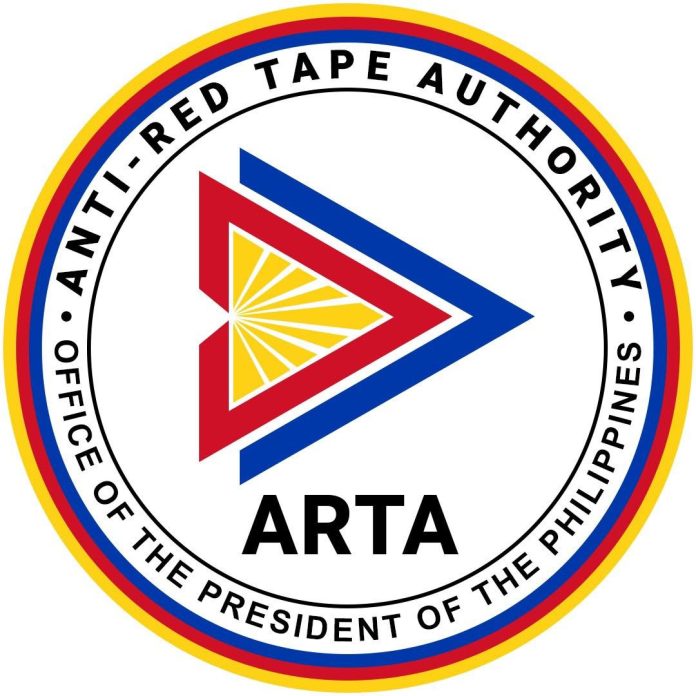Even as the country weathers corruption scandals and rising public anger over flood-control anomalies, the Anti-Red Tape Authority (ARTA) says foreign investors are not heading for the exits. In fact, ARTA chief Ernesto Perez insists global partners—particularly those from high-governance Nordic nations—are signaling continued trust in the Philippines’ business environment. Speaking at ARTA’s year-end media conference, Perez said ambassadors and firms from Finland, Sweden, Denmark, and Norway told him they “remain positive about the Philippines,” highlighting century-old business operations that continue to expand because of their confidence in Filipino talent and market potential.
Perez underscored that long-term investors are looking beyond the headlines, pointing instead to the country’s competitive strengths—world-class seafarers, a top-five global shipbuilding industry, and strong interest from partners like Denmark and the United States in maritime development, semiconductors, transport, and logistics. He noted that Scandinavian governments even flew in EU and OECD experts to study the Philippines’ shipbuilding revival, while US officials expressed willingness to deepen cooperation across multiple sectors. “There is so much potential in this country,” Perez emphasized, citing the country’s skills base and strategic location.
Still, Perez acknowledged that the country’s bureaucracy remains a major roadblock—and one investors repeatedly flag. While the World Bank’s 2024 B-READY Report placed the Philippines in the upper 40 percent of pilot economies and ranked it 16th in regulatory frameworks, it simultaneously found the country lagging in frontline implementation, public service delivery, and ease of business entry. To address this, ARTA has rolled out a reform guidebook aimed at harmonizing processes, cutting red tape, and bringing multiple agencies into alignment. Perez said the goal is clear: translate investor optimism into real economic gains by ensuring rules work not just on paper but on the ground.

